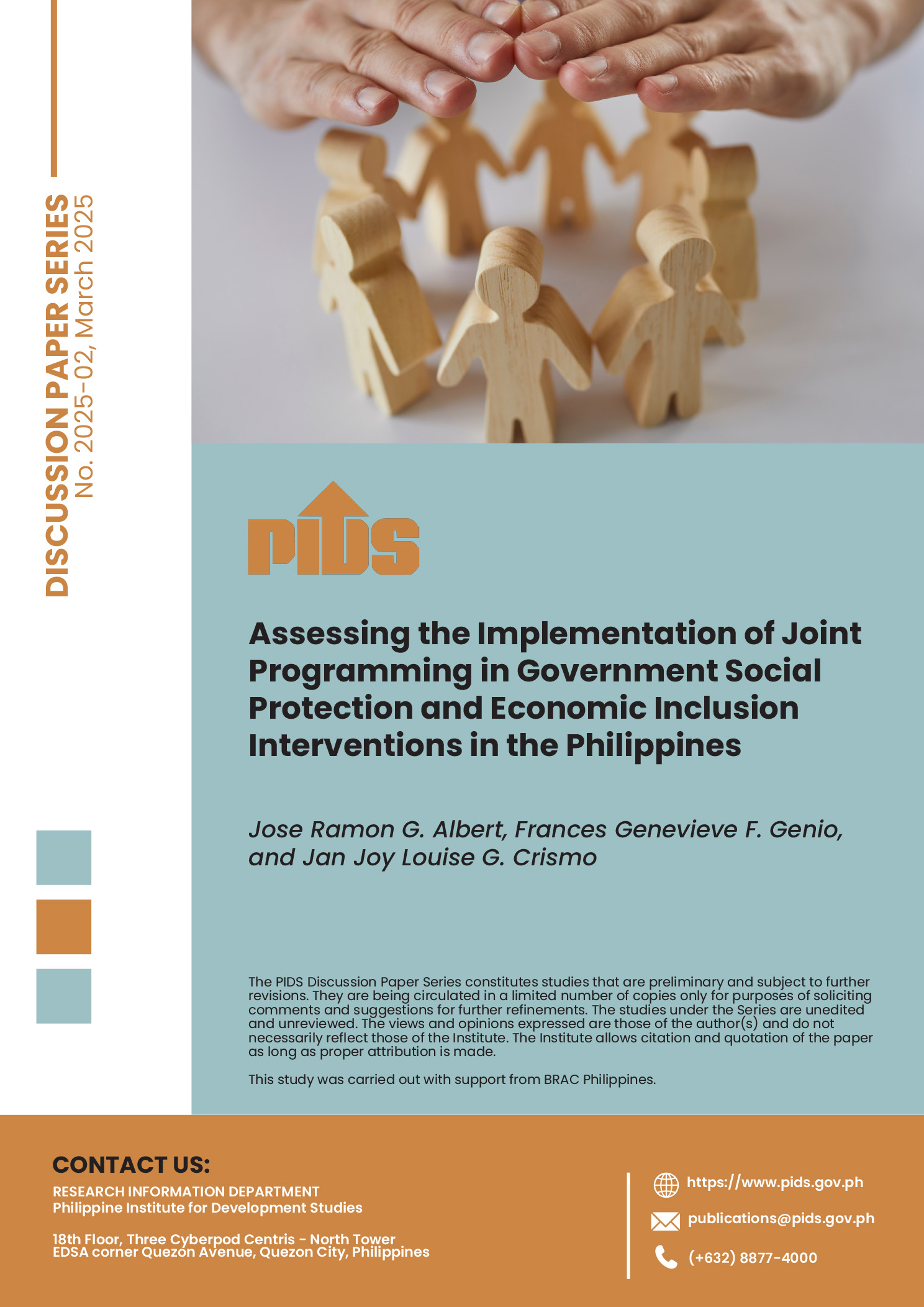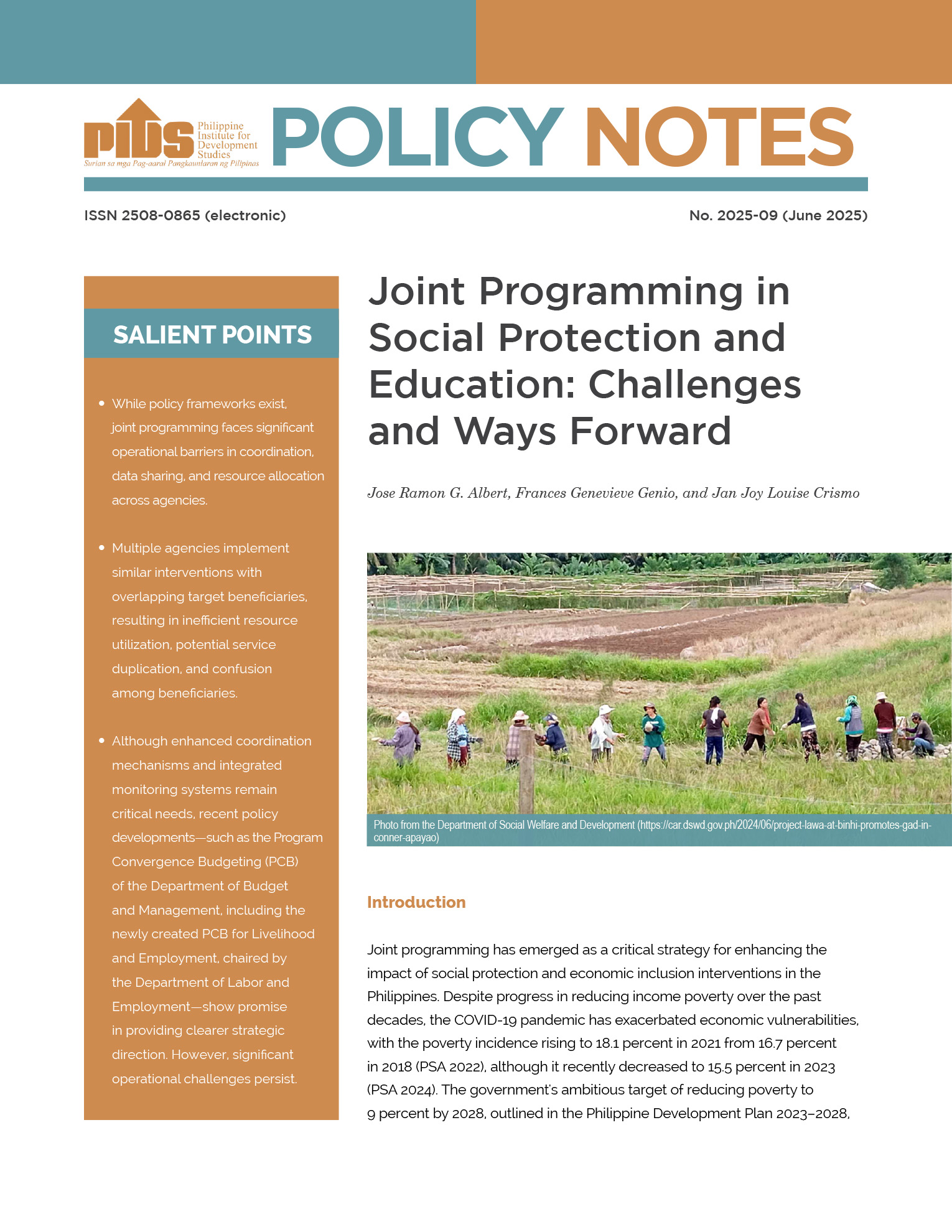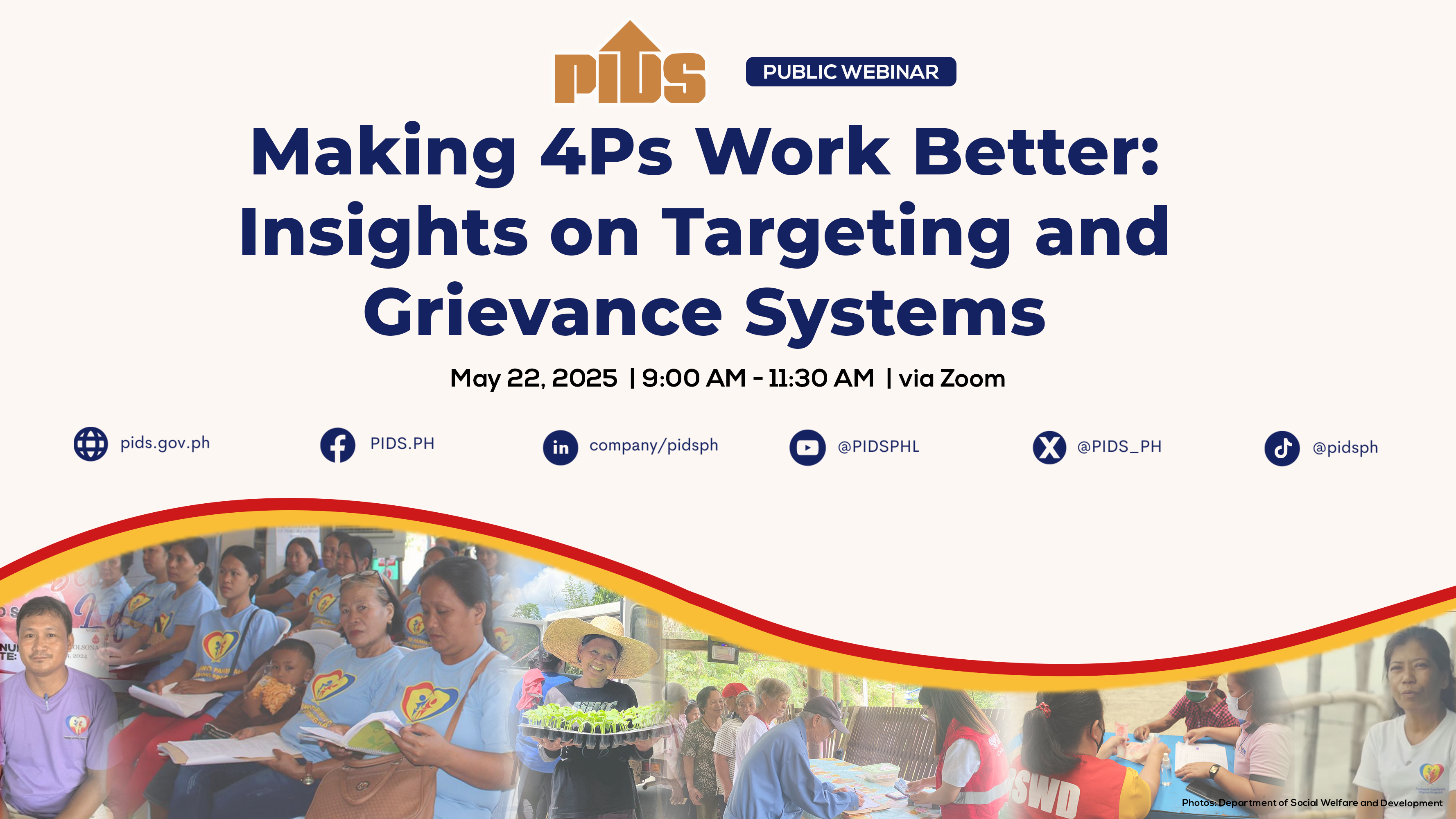Is the decision of the Bangko Sentral ng Pilipinas (BSP) to shift from money targeting to inflation targeting as its monetary framework a wise move?
Dr. Mario B. Lamberte, president of the Philippine Institute for Development Studies (PIDS), in his paper, ?Central Banking in the Philippines: Then, Now and the Future,? said that the BSP?s adoption of inflation targeting in January 2002 is significant from the perspective of monetary policy. However, the public has hardly noticed it because it was approached in a gradual manner and implemented at a time when actual inflation rates were going down.
He validated BSP?s claims that it has already met most of the requirements for the successful adoption of inflation targeting. These include BSP?s fiscal and administrative independence, commitment to maintain price stability, good forecasting ability, transparency, accountability and sound financial system.
Thus, Lamberte noted that as the inflation rate stabilizes at low levels as a result of BSP?s inflation targeting scheme, improvement in measuring the consumer price index (CPI) also becomes more urgent.
?This may also be the right time for BSP to switch from headline inflation to core inflation as the operating target variable. The switch should be accompanied by a well-orchestrated information campaign since core inflation indices will likely be less understood by the general public than the commodity price index (CPI). Likewise, core inflation indices do not include commodity items that matter most to consumers,? Lamberte explained.
On the other hand, Lamberte cautioned that the persistently high budget deficit and huge external debts could easily destabilize the economy and ultimately undermine the effectiveness of BSP?s monetary policy.
?These problems have recently emerged and the BSP must use all instruments available to give advice to the government on budget deficit and the best means to finance it. The New central Bank Act spells out BSP?s function as a financial advisor of the government,? he emphasized.
Likewise, he advised the BSP to take deviation from the inflation target symmetrically and avoid falling into a liquidity trap that would render monetary policy ineffective.
Dr. Lamberte?s perspective paper on Central Banking in the Philippines is part of the Perspective Paper Symposium Series that the PIDS is conducting from August 15 until September 12, 2002 in celebration of its 25th founding anniversary. The topics of other perspective papers are on infrastructure and privatization, poverty alleviation, environment, agriculture and rural development, science and technology, human resource development and labor markets, competition policy, trade and regional integration and housing development. The papers will be presented by PIDS research fellows, with eminent social scientists as discussants.
Meanwhile, a free admission-research fair where various PIDS and other research institutions? studies are to be exhibited will be held on September 18-20 at the AIM Conference Center in Makati City. The occasion will serve as a culminating activity of the PIDS anniversary celebration.
Queries concerning the PIDS anniversary activities may be addressed to the PIDS Public Affairs Division at tel nos. 8924059/ 8935705, fax number 8939589 or e-mail address ggizelle@pidsnet.pids.gov.ph.
Dr. Mario B. Lamberte, president of the Philippine Institute for Development Studies (PIDS), in his paper, ?Central Banking in the Philippines: Then, Now and the Future,? said that the BSP?s adoption of inflation targeting in January 2002 is significant from the perspective of monetary policy. However, the public has hardly noticed it because it was approached in a gradual manner and implemented at a time when actual inflation rates were going down.
He validated BSP?s claims that it has already met most of the requirements for the successful adoption of inflation targeting. These include BSP?s fiscal and administrative independence, commitment to maintain price stability, good forecasting ability, transparency, accountability and sound financial system.
Thus, Lamberte noted that as the inflation rate stabilizes at low levels as a result of BSP?s inflation targeting scheme, improvement in measuring the consumer price index (CPI) also becomes more urgent.
?This may also be the right time for BSP to switch from headline inflation to core inflation as the operating target variable. The switch should be accompanied by a well-orchestrated information campaign since core inflation indices will likely be less understood by the general public than the commodity price index (CPI). Likewise, core inflation indices do not include commodity items that matter most to consumers,? Lamberte explained.
On the other hand, Lamberte cautioned that the persistently high budget deficit and huge external debts could easily destabilize the economy and ultimately undermine the effectiveness of BSP?s monetary policy.
?These problems have recently emerged and the BSP must use all instruments available to give advice to the government on budget deficit and the best means to finance it. The New central Bank Act spells out BSP?s function as a financial advisor of the government,? he emphasized.
Likewise, he advised the BSP to take deviation from the inflation target symmetrically and avoid falling into a liquidity trap that would render monetary policy ineffective.
Dr. Lamberte?s perspective paper on Central Banking in the Philippines is part of the Perspective Paper Symposium Series that the PIDS is conducting from August 15 until September 12, 2002 in celebration of its 25th founding anniversary. The topics of other perspective papers are on infrastructure and privatization, poverty alleviation, environment, agriculture and rural development, science and technology, human resource development and labor markets, competition policy, trade and regional integration and housing development. The papers will be presented by PIDS research fellows, with eminent social scientists as discussants.
Meanwhile, a free admission-research fair where various PIDS and other research institutions? studies are to be exhibited will be held on September 18-20 at the AIM Conference Center in Makati City. The occasion will serve as a culminating activity of the PIDS anniversary celebration.
Queries concerning the PIDS anniversary activities may be addressed to the PIDS Public Affairs Division at tel nos. 8924059/ 8935705, fax number 8939589 or e-mail address ggizelle@pidsnet.pids.gov.ph.












